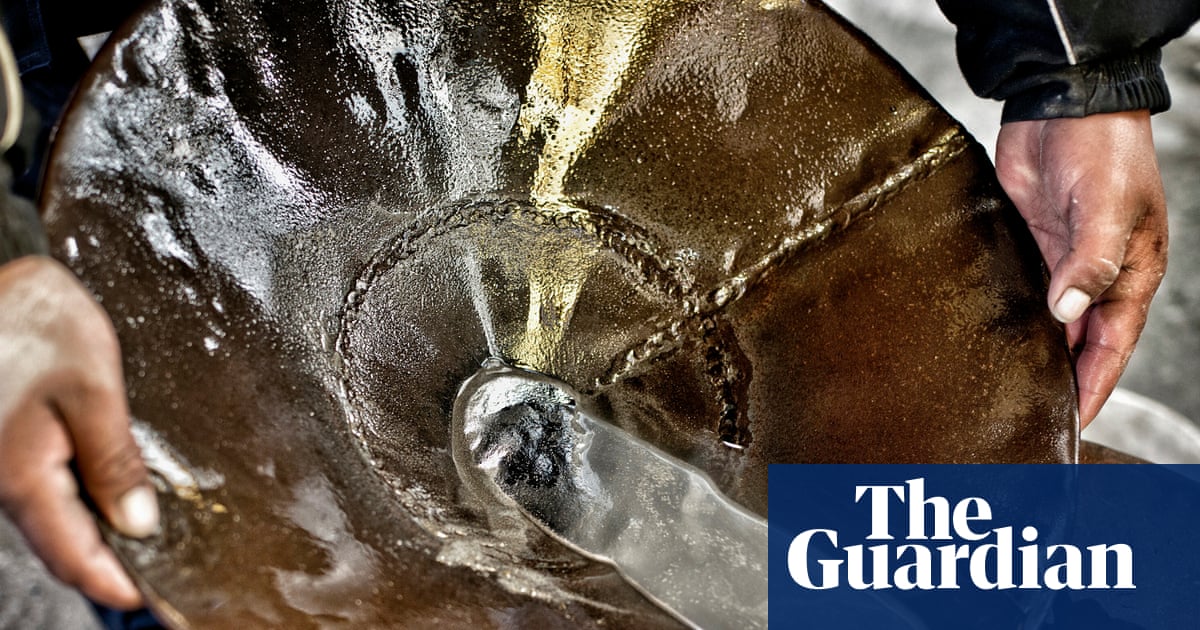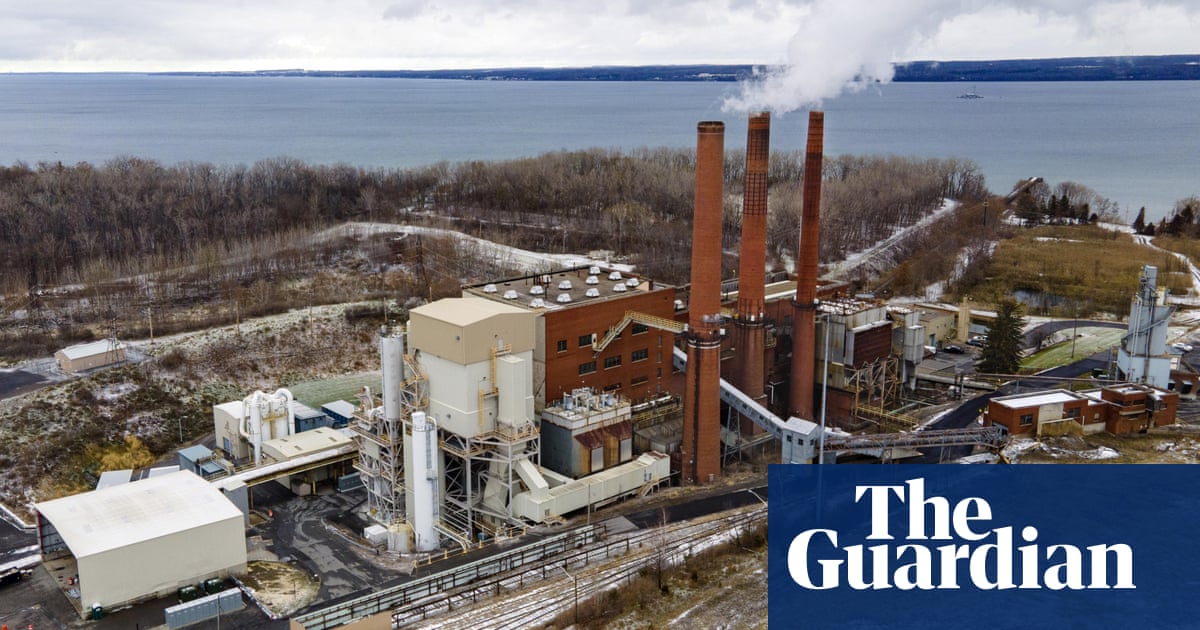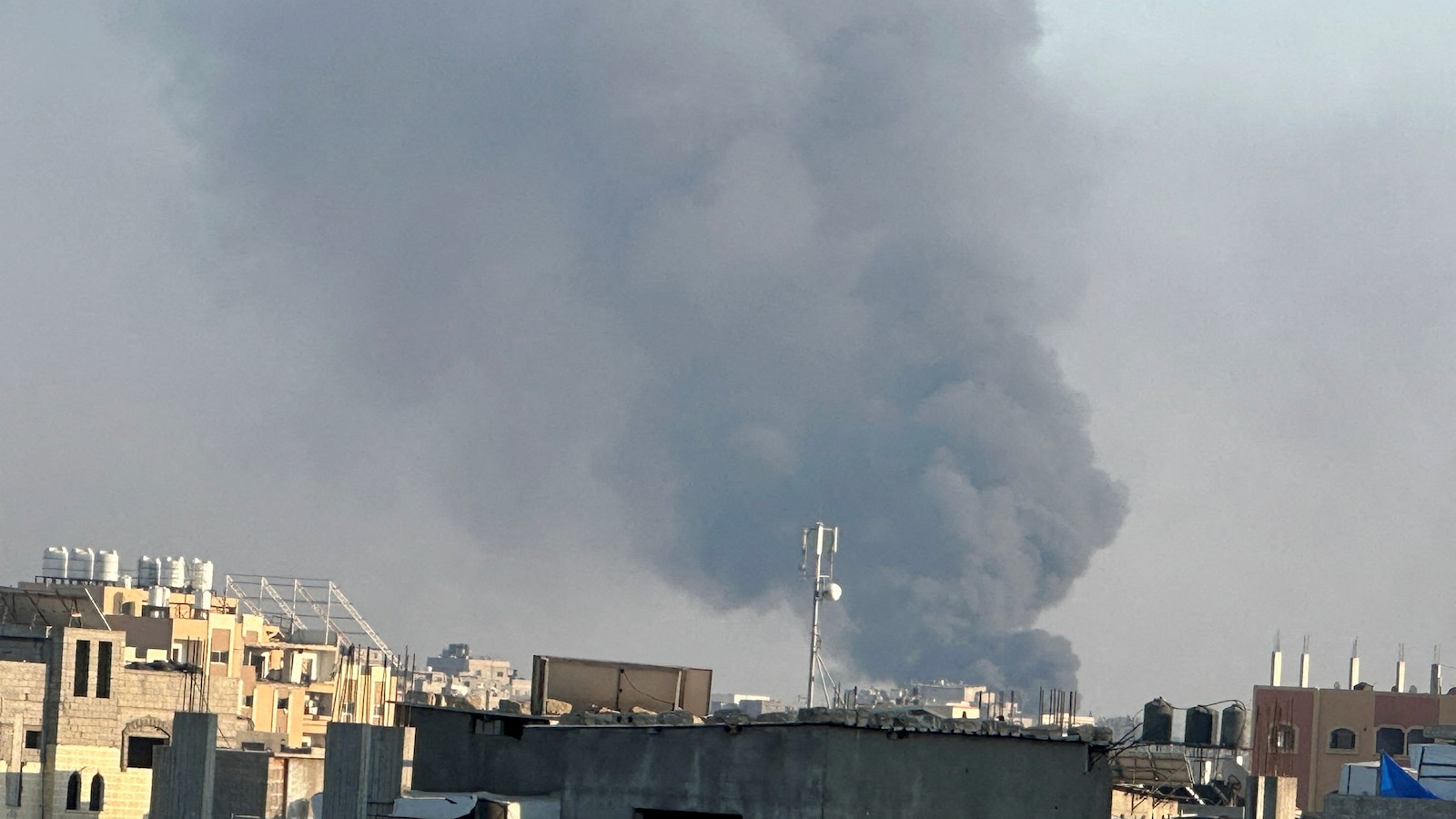T4K3.news
Illegal mercury trade expands amid cartel activities
A report reveals rampant smuggling of mercury in South America, linked to organized crime.

An investigation reveals worsening mercury smuggling in South America tied to cartels.
Mercury trade thrives as cartels exploit deadly chemical
Mercury, ranked among the world's most toxic substances, continues to be illegally traded across South America, fueled by cartel involvement and rising gold prices. A report from the Environmental Investigation Agency highlights that, despite international agreements aimed at eliminating its use, illicit networks supply mercury to countries like Colombia, Bolivia, and Peru. The report claims Mexico, the second-largest producer, has not only failed to control production but has seen it expand underground. This unregulated mining threatens ecosystems and local communities as contamination spreads through rivers and soil. The investigation uncovered that the Jalisco New Generation cartel plays a significant role in the mercury trade, with serious implications for public health and environmental stability.
Key Takeaways
"“It is absurd that mercury is one of the 10 most toxic substances in the world – yet smugglers are shipping tonnes of it out of major ports without detection.”"
This quote from Adam Dolezal highlights the serious issue of smuggling despite mercury's toxicity.
"“The silence or absence of states in fighting these crimes does not mean neutrality. It means complicity.”"
Antenor Vaz asserts the government's inaction points towards an alarming complicity in the mercury crisis.
The alarming rise in mercury trafficking illustrates a significant challenge for environmental protection in Latin America. Cartel involvement not only complicates efforts to control illegal mining but also reflects a broader issue of governance in the region. Experts note that the absence of rigorous enforcement and monitoring contributes to the ongoing environmental disaster and public health crisis. The potential for long-term damage is significant, raising pressing questions about how governments will address this growing threat. Without stronger action, unchecked mercury pollution poses serious risks to both local populations and delicate ecosystems.
Highlights
- Mercury's trade fuels destruction and death across South America.
- Cartels thrive in the shadows of illegal mercury mining operations.
- The silent poison of mercury spreads through rivers and communities.
- Governments must act decisively to halt the toxic tide of mercury.
Mercury trafficking poses serious public health risks
Mercury contamination threatens the health and safety of communities across Latin America, especially Indigenous populations reliant on fish for food. The ongoing illegal trade, driven by cartels and lack of regulation, deepens the crisis.
The fate of countless communities rests on the actions taken to combat this crisis.
Enjoyed this? Let your friends know!
Related News

Robinhood exceeds earnings expectations

Merseyside jails 66 criminals in July

Amsterdam faces major ketamine crisis

Trump advocates for cryptocurrency mining amid noise complaints

US Dollar Weakens After Trump Comments on Fed Chair

WHO to expand medical services in Gaza after attacks

Gold prices decline as inflation data shifts Fed rate outlook
